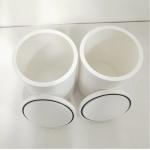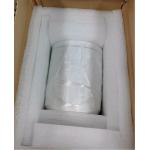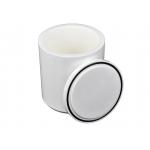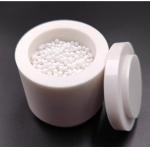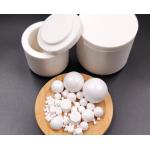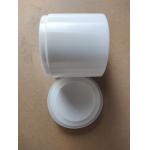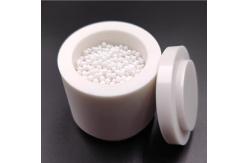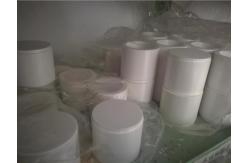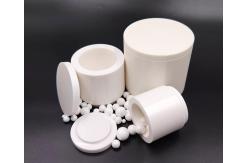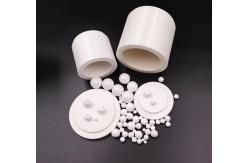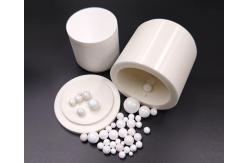In materials processing, cylindrical jars for planetary and roller
ball mills play a pivotal role. These jars are essential for
industries that require precise particle sizes and controlled
composition and purity. From electronics to pharmaceuticals, the
choice of milling jars can significantly impact the quality and
efficiency of the production process.
Why Milling Jars Matter
Milling jars are not just containers; they are integral components
of the milling process. They house the grinding media and
materials, facilitating the reduction of particle sizes through
mechanical force. The choice of jar material and capacity can
influence the milling efficiency, contamination levels, and overall
output quality.
Industries Benefiting from Milling Jars
- Electronics: Achieving specific particle sizes for semiconductor materials.
- Pharmaceuticals: Ensuring purity and consistency in drug formulation.
- Mining and Geology: Processing minerals and geological samples.
- Paint and Ceramics: Creating uniform pigment and ceramic powders.
Selecting the right material for milling jars is crucial for
optimizing the milling process. Here are some popular materials
used in manufacturing these jars:
- Properties: High hardness, wear resistance, and chemical stability.
- Applications: Ideal for ceramics and paint industries due to its ability to
prevent contamination.
- Properties: High density and fracture toughness.
- Applications: Suitable for high-energy milling processes, commonly used in
electronics and pharmaceuticals.
- Properties: Durable, corrosion-resistant, and available in various grades
(e.g., 304, 316).
- Applications: Widely used in metallurgy and electronics for its strength and
resistance to contamination.
- Properties: Extremely hard and wear-resistant.
- Applications: Perfect for heavy-duty milling tasks in mining and geological
applications.
- Properties: Chemically resistant and provides minimal contamination.
- Applications: Preferred in applications involving acids and solvents, such as
electronics and geology.
- Properties: Lightweight and non-stick surfaces.
- Applications: Used in applications requiring contamination control and easy
cleaning.
The capacity of milling jars is another critical factor that
affects the milling process. Depending on the application, jars
come in various sizes, from small laboratory-scale to large
industrial-scale capacities.
- Examples: 50 ml, 100 ml
- Applications: Suitable for laboratory research and small-batch production.
- Examples: 500 ml, 1,000 ml
- Applications: Ideal for pilot-scale experiments and medium-sized production
runs.
- Examples: 10,000 ml, 15,000 ml
- Applications: Used in large-scale industrial production where high throughput
is required.
- Material Compatibility: Ensure the jar material is compatible with the substances being
milled to prevent contamination.
- Capacity Requirements: Choose a jar size that aligns with your production needs and
milling equipment.
- Durability and Wear Resistance: Consider the wear resistance of the jar material, especially for
abrasive materials.
Factory equipment
Case
Ship to Saudi Arabia
Ship to Russia
